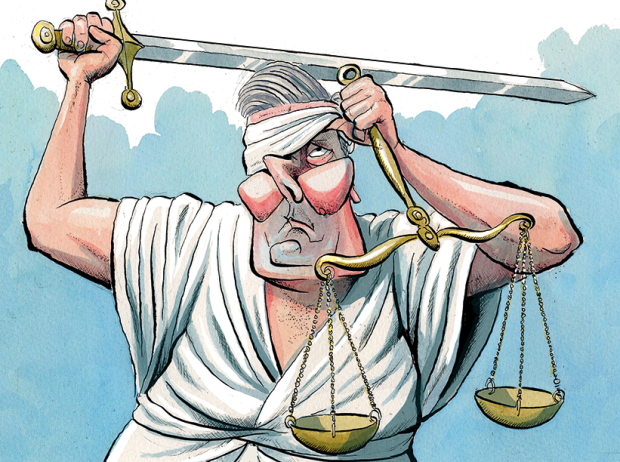Technical education
Sir: I am grateful to Robert Tombs for highlighting the baleful use of ‘declinism’ as part of the anti-Brexit campaign and the persistent underestimation of the United Kingdom’s strengths (‘Down with declinism’, 8 July). It is ironic that the heirs of the old 19th-century Liberal party, the Liberal Democrats, are among its principal proponents, for declinism goes back even further than the 1880s cited in his article.
Already a subscriber? Log in
Subscribe for just $2 a week
Try a month of The Spectator Australia absolutely free and without commitment. Not only that but – if you choose to continue – you’ll pay just $2 a week for your first year.
- Unlimited access to spectator.com.au and app
- The weekly edition on the Spectator Australia app
- Spectator podcasts and newsletters
- Full access to spectator.co.uk
Or













Comments
Don't miss out
Join the conversation with other Spectator Australia readers. Subscribe to leave a comment.
SUBSCRIBEAlready a subscriber? Log in